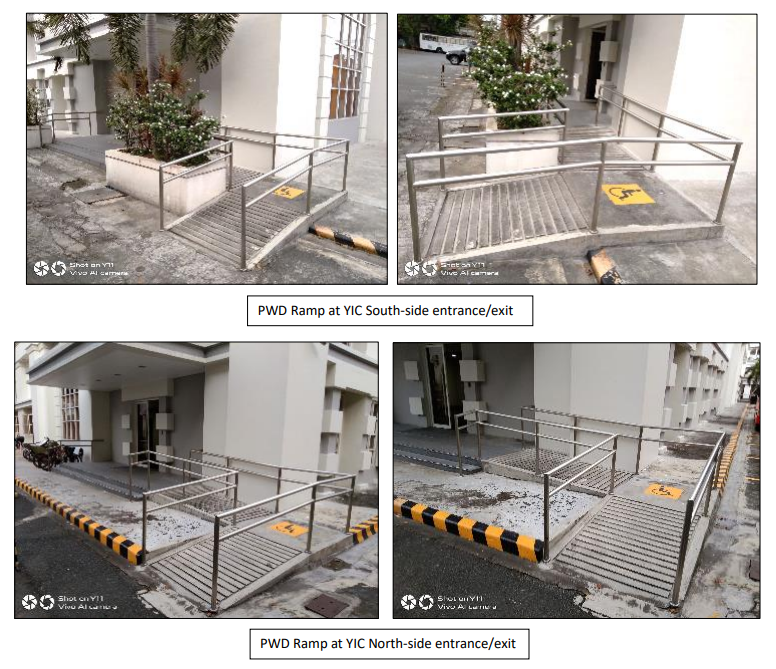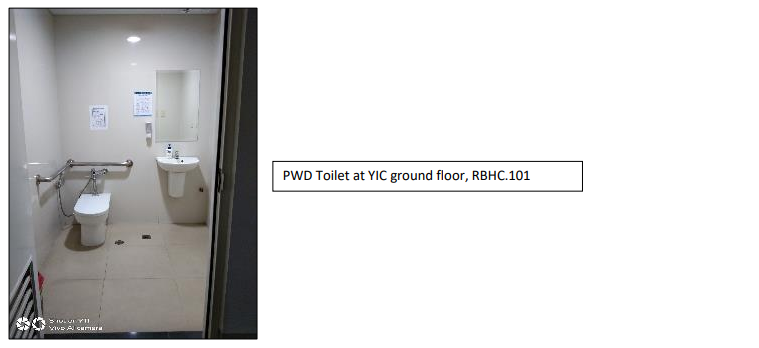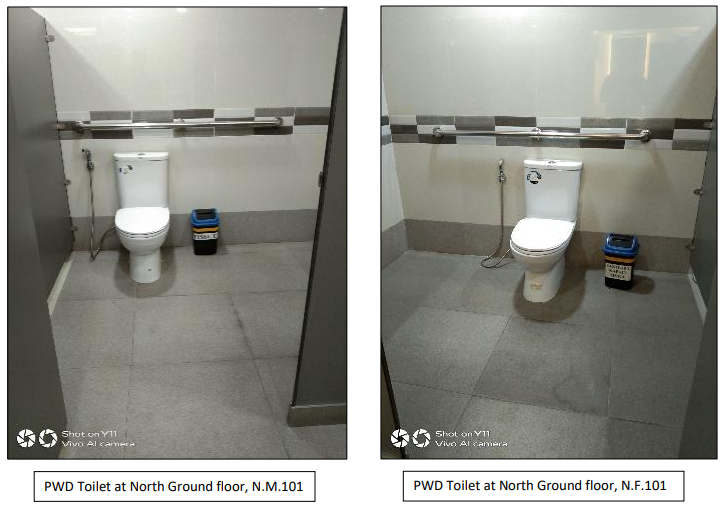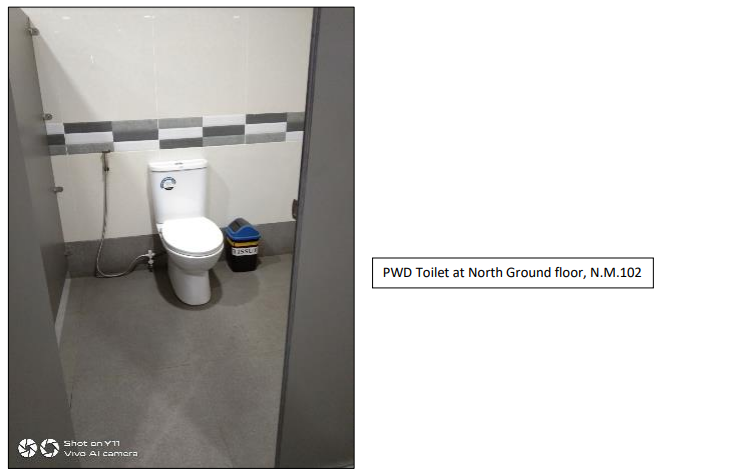Support for Persons with Disabilities
To reduce inequality among its students and employees, Mapua University implements non-discrimination against persons with disabilities.
The following are the types of disabilities mentioned in RA No. 7277 (Magna Carta for Persons with Disability). The definitions are taken verbatim from the Department of Health A.O. No.2009-0011:
- Psychosocial disability: Any acquired behavioral, cognitive, emotional, social impairment that limits one or more activities necessary for effective interpersonal transactions and other civilizing process or activities for daily living, such as but not limited to deviancy or anti-social behavior.
- Chronic illness: A group of health conditions that last a long time. It may get slowly worse over time or may become permanent, or it may lead to death. It may cause permanent change to the body, and it will certainly affect the person’s quality of life.
- Learning disability: Any disorder in one or more of the basic psychological processes (perception, comprehension, thinking, etc.) involved in understanding or in using spoken or written language.
- Mental disability: Disability resulting from organic brain syndrome (i.e., mental retardation, acquired lesions of the central nervous system, or dementia) and/or mental illness (psychotic or non-psychotic disorder).
- Visual disability: Impairment of visual functioning even after treatment and/or standard refractive correction, with visual acuity in the better eye of less than 6/18 for low vision and 3/60 for blind, or a visual field of less than 10 degrees from the point of fixation. A certain level of visual impairment is defined as legal blindness. One is legally blind when the best corrected central visual acuity in the better eye is 6/60 or worse or side vision of 20 degrees or less in the better eye.
- Orthopedic disability: Disability in the normal functioning of the joints, muscles or limbs.
- Communication disability: An impairment in the process of speech, language or hearing, further broken down into two types: (a) Hearing Impairment is a total or partial loss of hearing function which impede the communication process essential to language, educational, social and/or cultural interaction; and (b) Speech and Language Impairment means one or more speech/language disorders of voice, articulation, rhythm and/or the receptive or and expressive processes of language.
Services to support persons with disabilities are also available:
- Counseling service: The Center for Guidance and Counseling (CGC) provides face-to-face or online counseling sessions to students and employees with disabilities.
- Mentoring service: The Center for Student Advising (CSA) provides the following services to students with disabilities: academic advising, peer advising, developmental advising, and fully online student advising or life coaching.
- Health monitoring service: The Health Services Department (HSD) is responsible for safekeeping the medical records of employees with disabilities and monitoring their health conditions.
For employees with disabilities, the Human Resources Department (HRD) provides reasonable accommodations such as workplace safety and work schedule modification.
ACCESSIBLE FACILITIES FOR PERSONS WITH DISABILITIES



